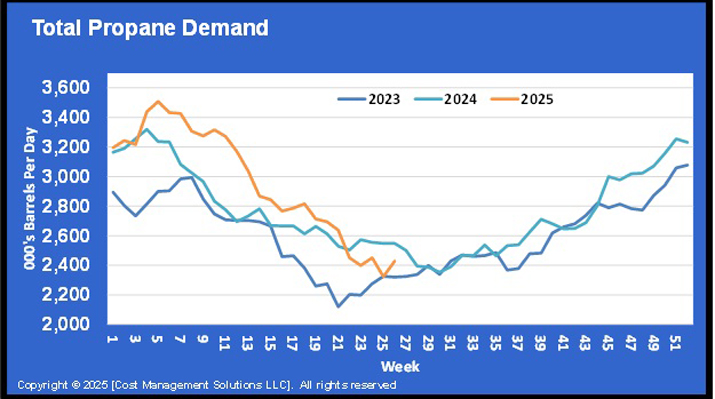Common gaps in safety and compliance
As I travel and meet with propane marketers, I emphasize a common theme.
- Do what’s safe.
- Do what’s right for your customers.
- Do what’s right for your business.
All three of these can and should be aligned.
Some common gaps I see:
Missing and incomplete paperwork. While marketers strive to document appropriate activities (gas check, leak check, safety inspections, etc.), poorly or undertrained employees and lack of oversight leads to sloppy and missing documentation. Just when you need the paperwork for an audit or insurance claim, you can’t find it, or it’s incomplete or incorrectly filled out.
Turning a blind eye to customer-owned tanks and regulators: There’s a misconception that if it’s customer owned, the marketer doesn’t have to worry about it, and the liability resides with the homeowner. Unfortunately that simply isn’t true. Numerous large claims have been paid for out-of-date tanks and regulator failures – by marketers. You are the expert and you’re supposed to do what’s right for your customers. The courts have agreed, and marketers are being held responsible for out-of-date, customer-owned equipment.
Cathodic protection testing and verification: NFPA 58 was updated and as of Jan. 1, 2011, if you install and lease a buried tank, you are required to: 1) verify the cathodic protection is working immediately after installation; 2) go back within 12 months and verify it’s still working; 3) go back within 36 months thereafter to verify it’s still working. You have to document this with the readings and maintain that documentation. Some marketers are not doing this at all; others are only doing it for tanks they lease. Common sense and, I believe, time will dictate that you should be doing this for all buried tanks you deliver to – not just the ones you own.
Jurisdictional accounts: Generally, a jurisdictional distribution system is a system of pipes:
- Serving 10 or more customers by a single tank or propane source
- Serving two or more customers by a single tank or propane source within a public space
- Single home/tank where any portion of the system is located in a public place
Jurisdictional accounts are required to do duty to warn every six months – out to the end users – and retain proof that this is being done.
Tim Quinn is a regional vice president for P3 Propane Safety. You can reach him at Tim_Quinn@bostonenv.com or 443-510-2613.
















